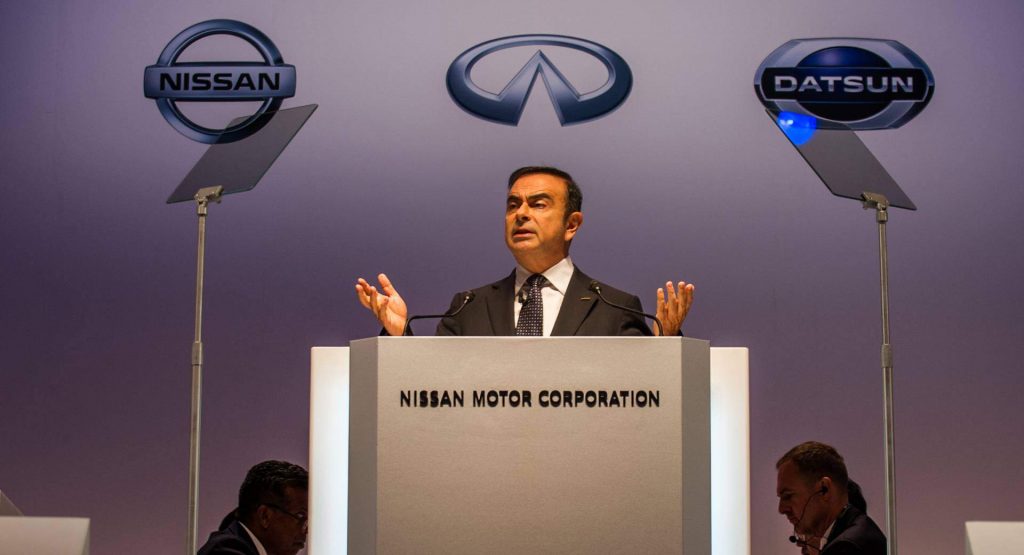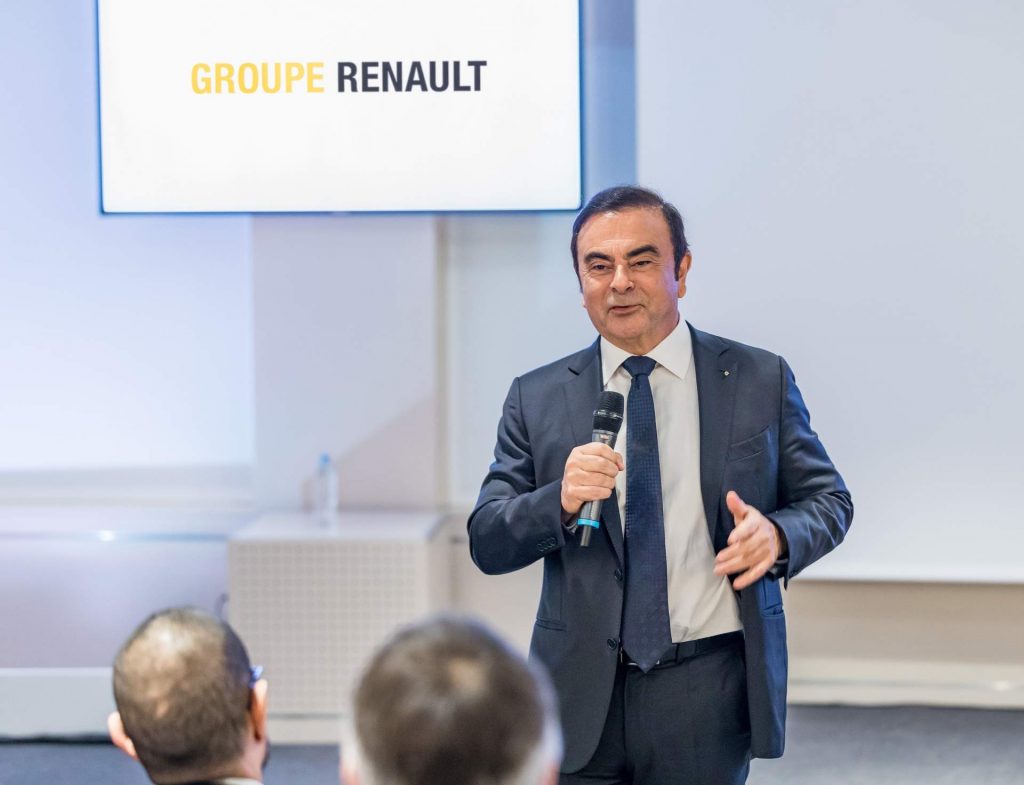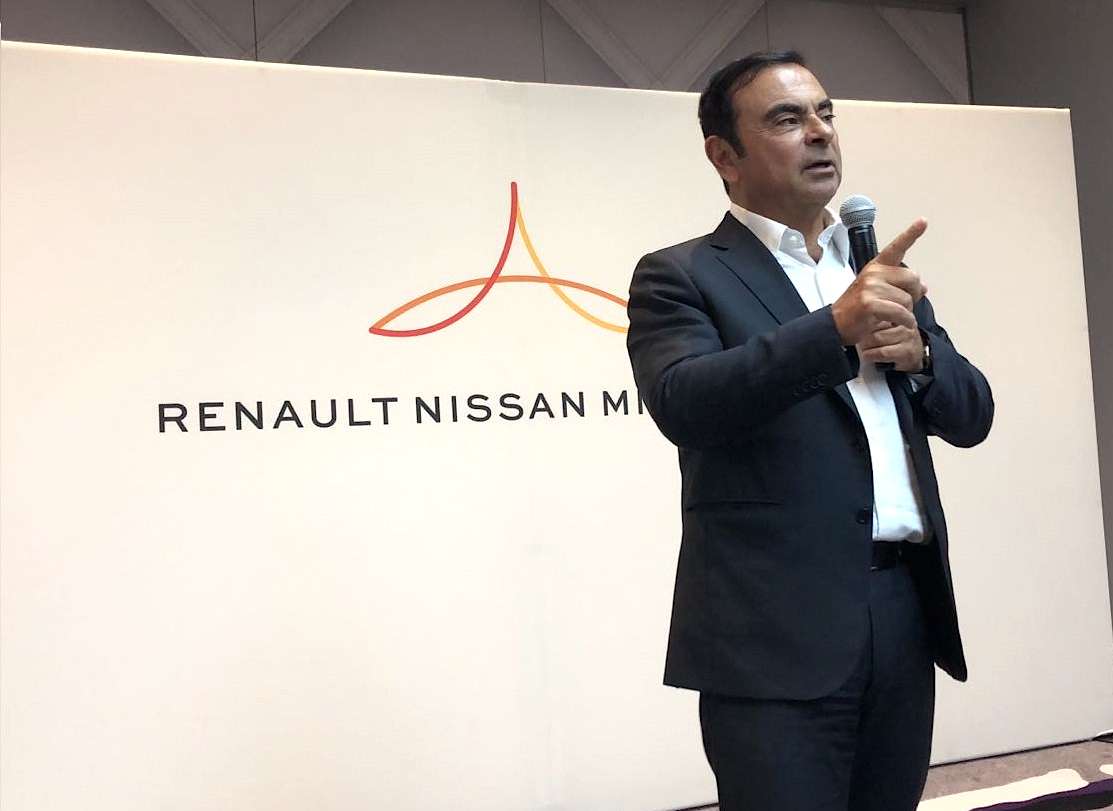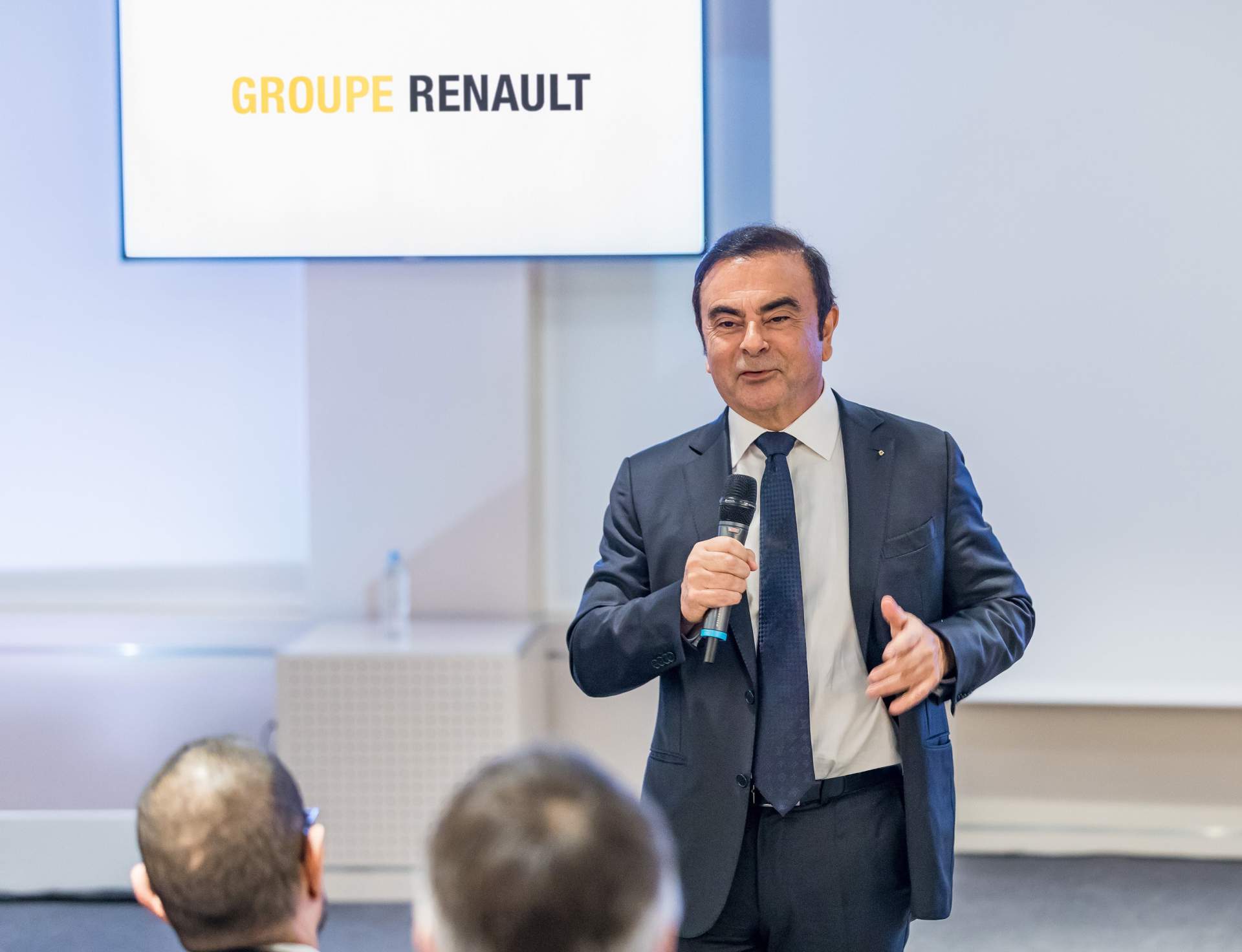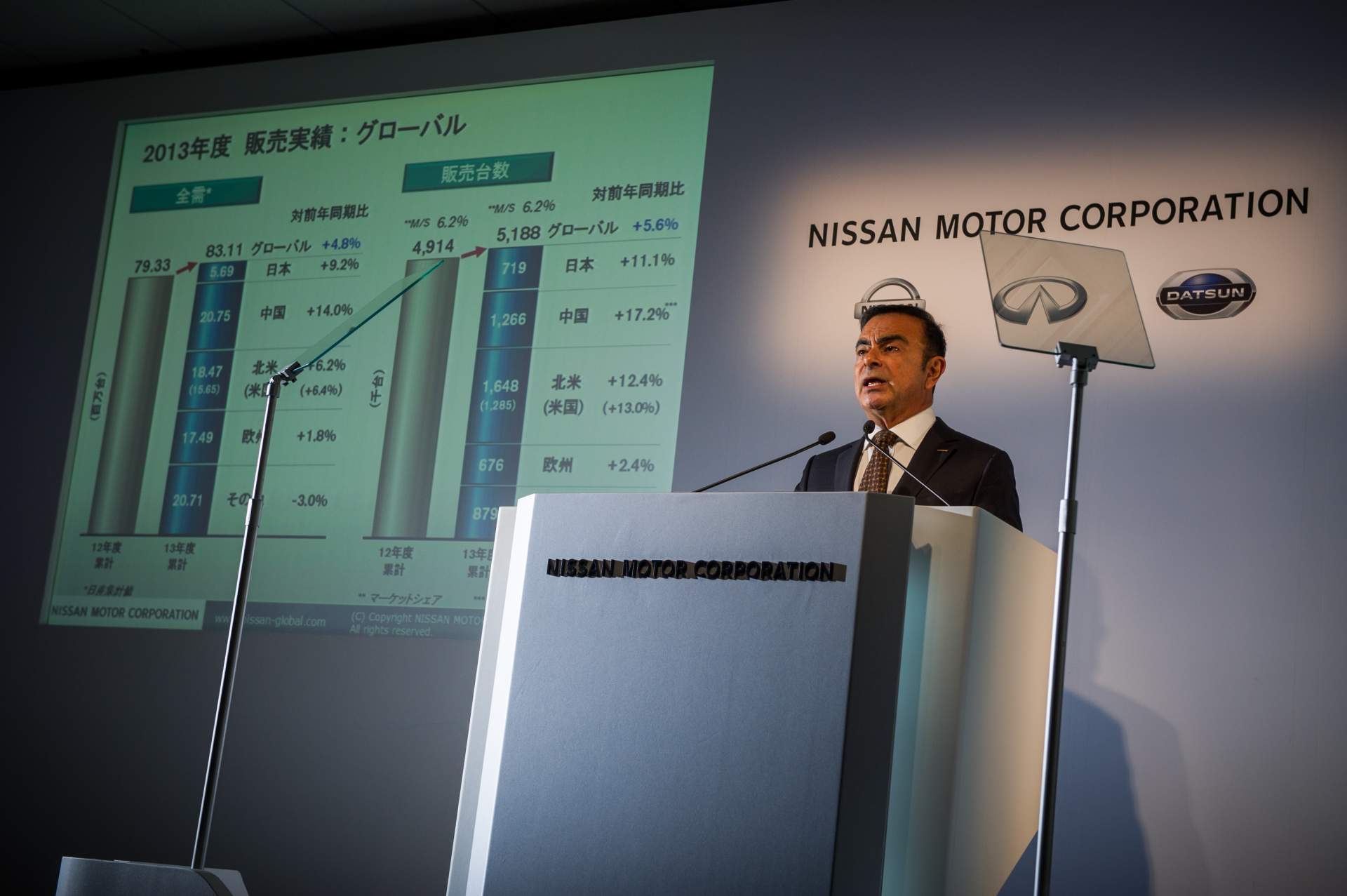The official story behind Carlos Ghosn’s arrest in Japan is that he underreported earnings, used company assets for personal gains, and falsified financial statements.
All are serious accusations and it remains to be seen what the executive’s attorneys have to say in his defense. However, would Nissan risk a crisis for itself and its Alliance partners altogether just to punish Ghosn for his alleged misdeeds? Couldn’t the company have solved this problem behind closed doors?
After all, history proves things like that are often done at the top of the food chain of the automotive industry.
Ghosn reportedly pushed for a Renault-Nissan merger set to launch within months
As it turns out, there may be more to this story and Nissan may have had more serious reasons to take Ghosn down. According to a report from The Financial Times, Carlos Ghosn had been planning to take the Renault Nissan Alliance one step further and fully merge the two companies — despite repeated denials from his part.
That was something Nissan’s board couldn’t let happen, as it would equate to the Japanese company’s total surrender to Renault. The report cites three sources who said the bid was expected to materialize “within months.”
Why would a merger with Renault be bad for Nissan, though? Well, at the moment, the two companies own shares in each other in an arrangement set up almost two decades ago. But things are far from balanced.
Renault has a 43-percent stake in Nissan which gives it unusual power over the Japanese company, including the ability to appoint senior executives. On the other hand, Nissan owns just 15 percent of Renault which gives it no voting rights or control over its French partner.
Nissan board’s position was always to fight “very hard” against any reorganization contrary to the company’s interests
A merger would render that partnership irreversible, taking away Nissan’s option to withdraw from the newly-formed conglomerate. That’s why Carlos Ghosn’s push for a union met fierce resistance from the Japanese company’s board.
“The board always said they would fight very hard against any reorganization that entrenched that second-tier status,” one person close to the board told the paper.
Now, we’re not saying that Nissan set up a trap for Ghosn, but the executive did seem to be caught off guard when he landed at Haneda airport on Monday afternoon.
The report says Ghosn “appeared unaware of any investigation” and had flown to Japan to meet the governor of Tokyo on Wednesday. Much to his surprise, the “welcoming committee” consisted of Tokyo prosecutors and reporters of the Asahi newspaper.







